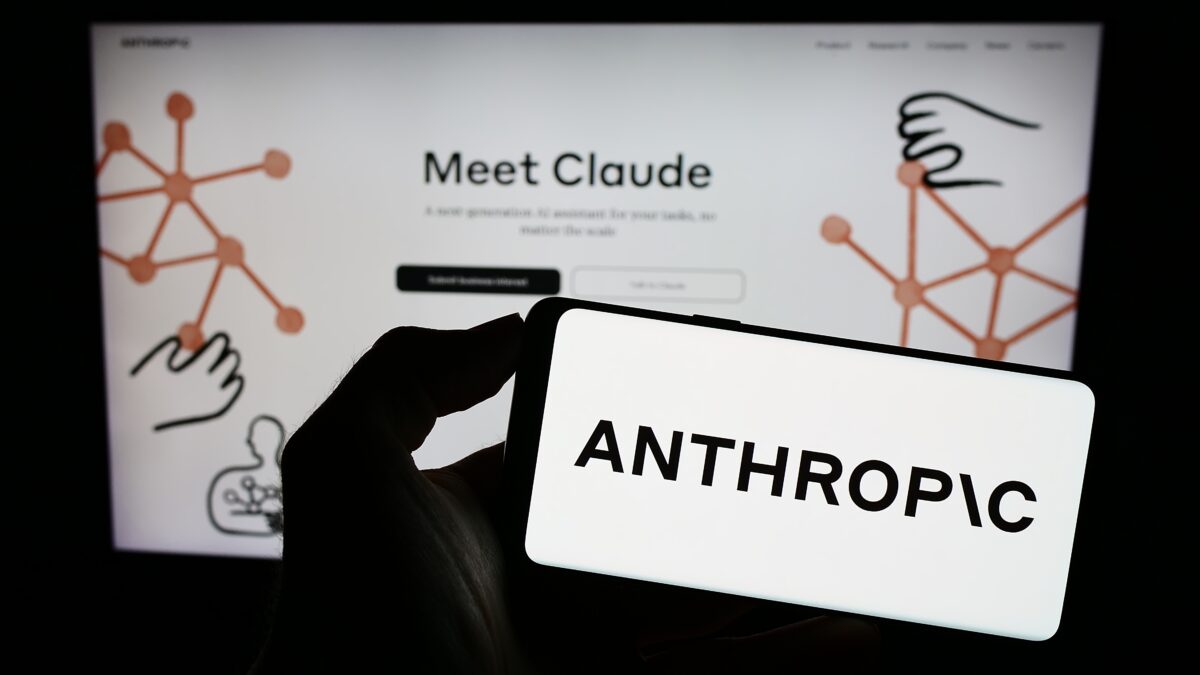TLDRs:
- Claude AI’s new beta feature allows anyone to build apps using natural language commands.
- The tool expands on Claude’s existing Artifacts system, turning AI from a conversation partner into a creative platform.
- This launch represents a broader industry shift toward accessible AI tools for non-developers.
- Anthropic’s unique monetization model may boost user participation by lowering entry barriers.
Anthropic is pushing the boundaries of conversational AI with the latest beta update to its Claude platform, enabling users to build fully functional applications with no coding required.
This new feature, which builds upon Claude’s existing Artifacts tool, offers users an interactive environment where they can describe what they want and watch as Claude turns their vision into working code.
The rollout marks a clear move toward democratizing software development by targeting non-developers who may lack technical training but still want to harness the power of AI.
An Industry Shift Toward No-Code AI
The implications stretch beyond Anthropic itself. As AI adoption grows across industries, companies are racing to lower the technical barriers that have traditionally limited who can build intelligent tools. Claude’s approach aligns with an accelerating trend in AI of turning what was once a developer-only activity into an accessible workflow for business users, designers, educators, and other professionals.
Users can now create and engage with applications entirely within Claude, opening the door to custom AI tools that fit personal or organizational needs without requiring a team of engineers.
Introducing two new ways to create with Claude:
A dedicated space for building, hosting, and sharing artifacts, and the ability to embed AI capabilities directly into your creations. pic.twitter.com/SgJHPmScsb
— Anthropic (@AnthropicAI) June 25, 2025
A Creative Turn in AI Capabilities
The beta feature not only reinforces Anthropic’s reputation for high-quality language models, but also signals a shift in how AI tools are designed and perceived. Claude is no longer just answering questions, it’s a full-fledged creation platform.
Users can visualize outputs, refine ideas in real-time, and transform static conversations into dynamic, interactive experiences. This mirrors the evolution of early web development platforms, where drag-and-drop functionality replaced complex code, leading to a massive expansion in creative participation.
Lowering Financial and Technical Barriers
Beyond functionality, Anthropic is adopting a user-first business strategy. Apps created within Claude will not charge the app builder for usage. Instead, API costs are tied to the end user’s subscription, whether on a free or paid tier.
This model allows wider participation and encourages sharing, much like app ecosystems in other successful platforms. By removing upfront costs and technical constraints, Anthropic is positioning Claude as a magnet for a diverse ecosystem of creators, whether they’re launching productivity tools, educational games, or AI assistants tailored for niche tasks.
With OpenAI, Google, and other players investing heavily in platform expansion, Anthropic’s move carves out a distinct path in the AI arms race. Rather than competing solely on raw model performance, the company is betting that usability and accessibility will be the key drivers of long-term adoption. The Claude beta rollout may well mark the beginning of a broader trend where building with AI becomes as easy, and as common, as writing an email.






